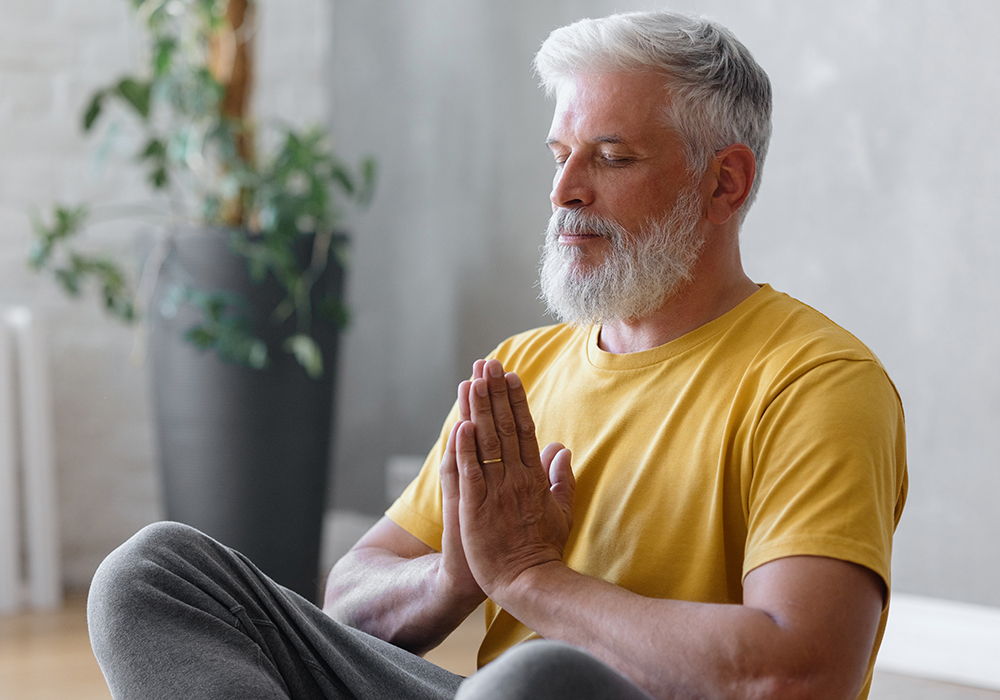Relapse Prevention Training Mindfulness based approaches i.e. Yoga, meditation
Relapse Prevention Training and Mindfulness-Based Approaches, such as yoga and meditation, are valuable techniques used in various therapeutic contexts to support individuals in maintaining their mental health and preventing the recurrence of symptoms or problematic behaviors. These approaches can be especially beneficial for individuals recovering from substance use disorders, anxiety, depression, and other mental health conditions. Here’s an overview of each:

Relapse Prevention Training:
Relapse Prevention Training is a cognitive-behavioral approach designed to help individuals identify and manage triggers, develop coping strategies, and prevent a return to unhealthy behaviors or patterns. It’s commonly used in substance abuse treatment but can also be adapted for other mental health concerns. Key components include:
- Identifying Triggers: Individuals learn to recognize situations, emotions, people, or places that might trigger cravings or risky behaviors.
- Coping Strategies: Techniques for coping with triggers are taught, including healthy alternatives to harmful behaviors and effective ways to manage stress.
- Developing a Plan: Individuals create a personalized relapse prevention plan that outlines specific actions to take when facing triggers or cravings.
- Self-Monitoring: Keeping track of thoughts, feelings, and behaviors helps individuals become more aware of potential relapse signs.
- Lifestyle Changes: Focusing on overall wellness, including physical health, healthy routines, and a supportive environment, can contribute to relapse prevention.
Mindfulness-Based Approaches:
Mindfulness-based approaches emphasize present-moment awareness and acceptance without judgment. These practices cultivate a non-reactive, non-judgmental stance toward thoughts, emotions, and sensations. Two common mindfulness-based approaches include:
- Mindfulness Meditation: This involves directing attention to the present moment, observing thoughts and sensations without attachment or judgment. Mindfulness meditation can increase self-awareness, reduce stress, and improve emotional regulation.
- Yoga and Mindful Movement: Yoga combines physical postures, breath control, and meditation. It promotes physical well-being, relaxation, and emotional balance.


